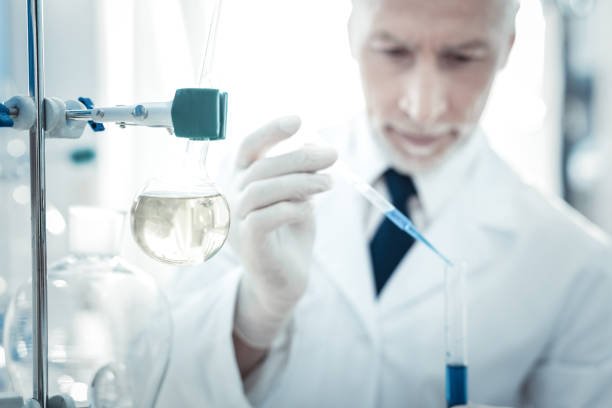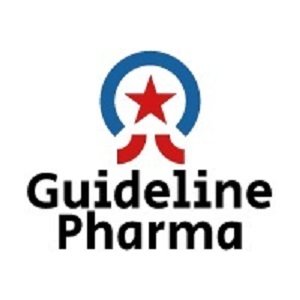Filter Integrity in Clean Rooms of Pharmaceuticals
Clean rooms are critical environments in the pharmaceutical industry where products are manufactured, processed, and tested under controlled conditions to maintain quality and prevent contamination. An essential aspect of clean room operation is ensuring air purity, which is achieved through effective filtration systems. Filter integrity plays a crucial role in maintaining clean room air quality and preventing the introduction of particulate matter and microorganisms. In this comprehensive blog, we will explore the significance of filter integrity, its impact on pharmaceutical operations, testing methodologies, and best practices to ensure a contaminant-free environment.
Understanding Filter Integrity in Clean Rooms
Filter integrity refers to the ability of filtration systems to effectively capture and retain particles, microorganisms, and other contaminants from the air. Clean room environments rely on air filtration to prevent the entry of airborne contaminants that could compromise product quality and patient safety. Proper filter integrity ensures that the air circulating within clean rooms is clean, pure, and free from harmful particles.
Scope of Filter Integrity in Pharmaceuticals
Filter integrity is of paramount importance in the pharmaceutical industry for several key reasons:
- Contamination Prevention: Filter integrity prevents the entry of airborne contaminants that could lead to product contamination, compromising patient safety and product efficacy.
- Product Quality: Maintaining filter integrity ensures that the quality of pharmaceutical products is not compromised by particles or microorganisms.
- Regulatory Compliance: Filter integrity testing is a regulatory requirement to demonstrate adherence to quality standards, including Good Manufacturing Practices (GMP) and ISO 14644.
- Personnel Safety: Clean room personnel work in an environment with controlled air quality, and filter integrity safeguards their health and well-being.
Types of Filtration Systems
Different types of filtration systems are employed in clean rooms to achieve various levels of air purity:
- HEPA Filters (High-Efficiency Particulate Air): HEPA filters are used to capture particles as small as 0.3 micrometers with an efficiency of 99.97%. They are essential for maintaining a controlled environment in clean rooms.
- ULPA Filters (Ultra-Low Penetration Air): ULPA filters offer higher filtration efficiency, capturing particles as small as 0.12 micrometers with an efficiency of 99.9999%. They are used in critical applications where a higher level of air purity is required.
- Activated Carbon Filters: These filters are effective in adsorbing gases, vapors, and odors, providing an additional layer of protection against chemical contaminants.
Filter Integrity Testing Methods
Several testing methods are employed to assess filter integrity and air purity within clean rooms:
- Particle Count Testing: This method involves counting and sizing particles in the air before and after passing through filters. Any increase in particle count indicates filter degradation.
- Differential Pressure Testing: By measuring the pressure drop across the filter, differential pressure testing helps assess filter clogging and the need for replacement.
- Bubble Point Testing: Primarily used for liquid filters, this method assesses the filter’s ability to retain liquid under pressure, indicating pore size integrity.
- Flow Visualization Testing: Flow visualization uses tracer particles or smoke to visually observe airflow patterns, identifying areas of turbulence or poor filtration.
- Microbial Challenge Testing: Involves introducing microorganisms to the filter and assessing their retention, demonstrating the filter’s effectiveness in removing microbes.
Best Practices for Ensuring Filter Integrity
To ensure filter integrity and maintain clean room air quality, pharmaceutical companies should adopt the following best practices:
- Regular Filter Inspection and Maintenance: Filters should be inspected regularly for damage, leaks, or signs of degradation. Scheduled maintenance and timely replacement of filters are essential.
- Filtration System Design: Proper design, sizing, and placement of filtration systems ensure optimal airflow patterns and minimize the risk of contamination.
- Comprehensive Testing Regimen: Implement a robust testing regimen that includes particle count, differential pressure, and microbial challenge testing to assess filter integrity.
- Documentation and Record Keeping: Maintain detailed records of filter installation, testing, and replacement. This documentation is crucial for regulatory compliance and audits.
- Personnel Training: Ensure that clean room personnel are adequately trained in filter integrity testing, maintenance procedures, and contamination control protocols.
- Emergency Contingency Plans: Develop contingency plans in case of filter failure, including procedures to minimize the impact of compromised air quality.
Regulatory Compliance and Quality Assurance
Filter integrity is a regulatory requirement in the pharmaceutical industry, and non-compliance can lead to severe consequences, including product recalls and regulatory actions. Proper filter integrity testing and adherence to regulatory guidelines are integral to ensuring product quality and patient safety.
Filter integrity is a cornerstone of cleanroom operations in the pharmaceutical industry. It safeguards product quality, prevents contamination, and ensures a controlled environment for critical processes. By adopting rigorous testing methods, implementing best practices, and adhering to regulatory standards, pharmaceutical companies can maintain the highest level of air purity, contributing to the production of safe and effective medications that improve the health and well-being of patients worldwide.



